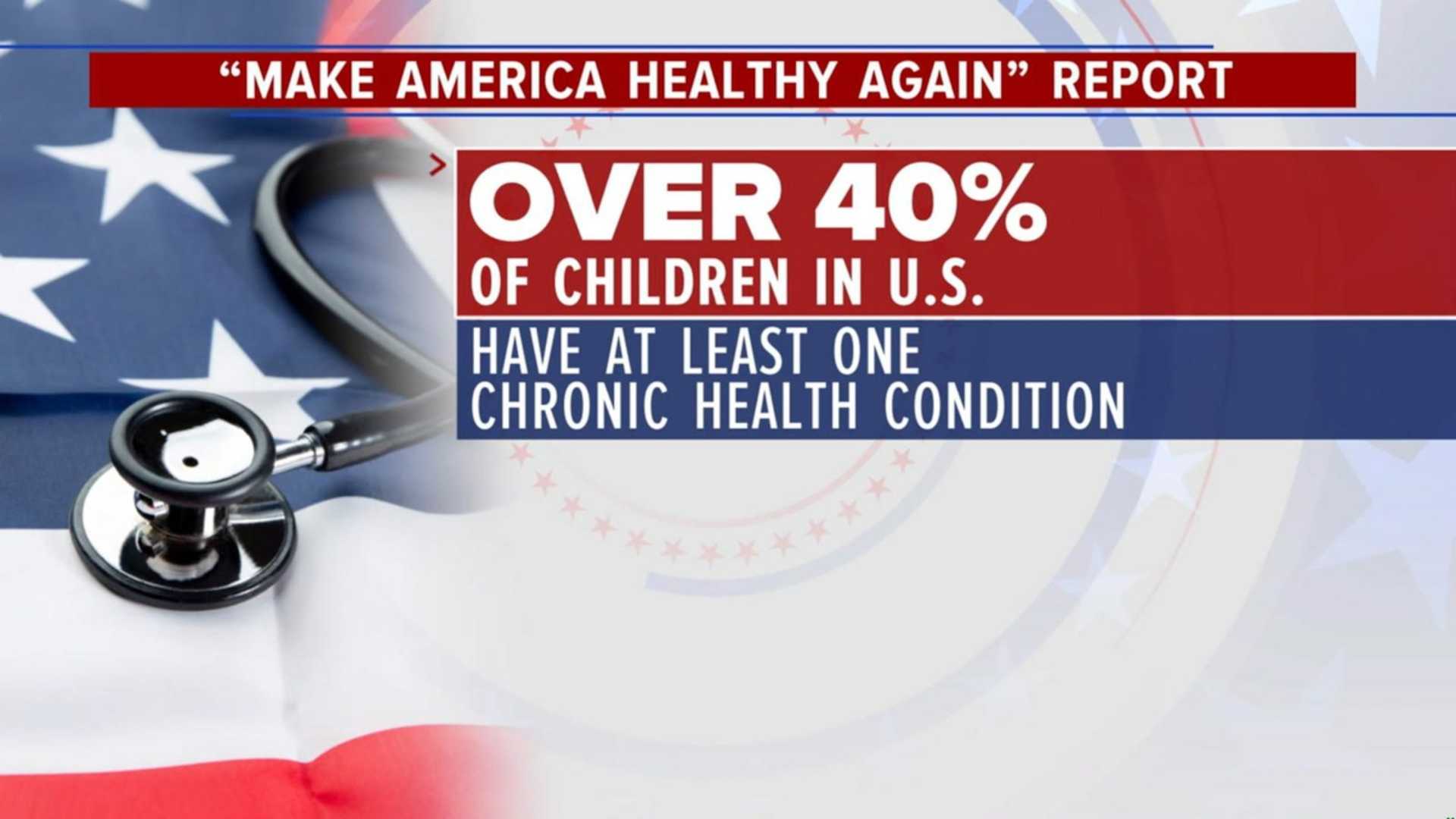Health
Errors Found in Trump Administration’s Children’s Health Report

WASHINGTON, D.C. — The Make America Healthy Again (MAHA) Commission released its inaugural report last week, claiming to address chronic health issues affecting children. However, the report’s credibility is under scrutiny due to numerous citation errors, including claims of studies that do not exist.
U.S. Health and Human Services Secretary Robert F. Kennedy Jr. praised the report as a milestone for health policy. Spanning 78 pages, it outlines the administration’s plans to combat children’s health issues attributed to poor diets, minimal exercise, and environmental factors.
Despite its ambitious goals, the report, generated in just over three months following an order from President Donald Trump, is marred by inaccuracies. Notably, a nonprofit news organization, NOTUS, identified seven non-existent studies referenced in the document.
Among the misleading references is an article attributed to Dr. Katherine Keyes, an epidemiologist, which she confirmed she did not author. “I was surprised to see what seems to be an error in the citation of my work,” she stated.
Another credit to Dr. Robert Findling was deemed incorrect by a spokesperson from Virginia Commonwealth University. There was no evidence of the study being cited in medical databases, leading to its removal in a subsequent update of the report. These inaccuracies were characterized by White House press secretary Karoline Leavitt as “formatting issues” that won’t detract from the report’s overall significance.
Dr. Ivan Oransky, a journalism professor, speculated that the discrepancies indicate potential usage of artificial intelligence in creating the report. “The nature of the discrepancies seems to indicate that they were generated by AI,” he remarked.
The failures in the report’s accuracy were revealed just days after Trump’s executive order highlighted a crisis in scientific reproducibility and vowed to improve the integrity of federal research.
In response, Secretary Kennedy announced plans for the National Institutes of Health to focus a portion of its budget on research replication and shift publishing to internal journals. “We are going to create our own journals in-house in each of the institutes. They will become the preeminent journals,” he declared during a podcast appearance.












